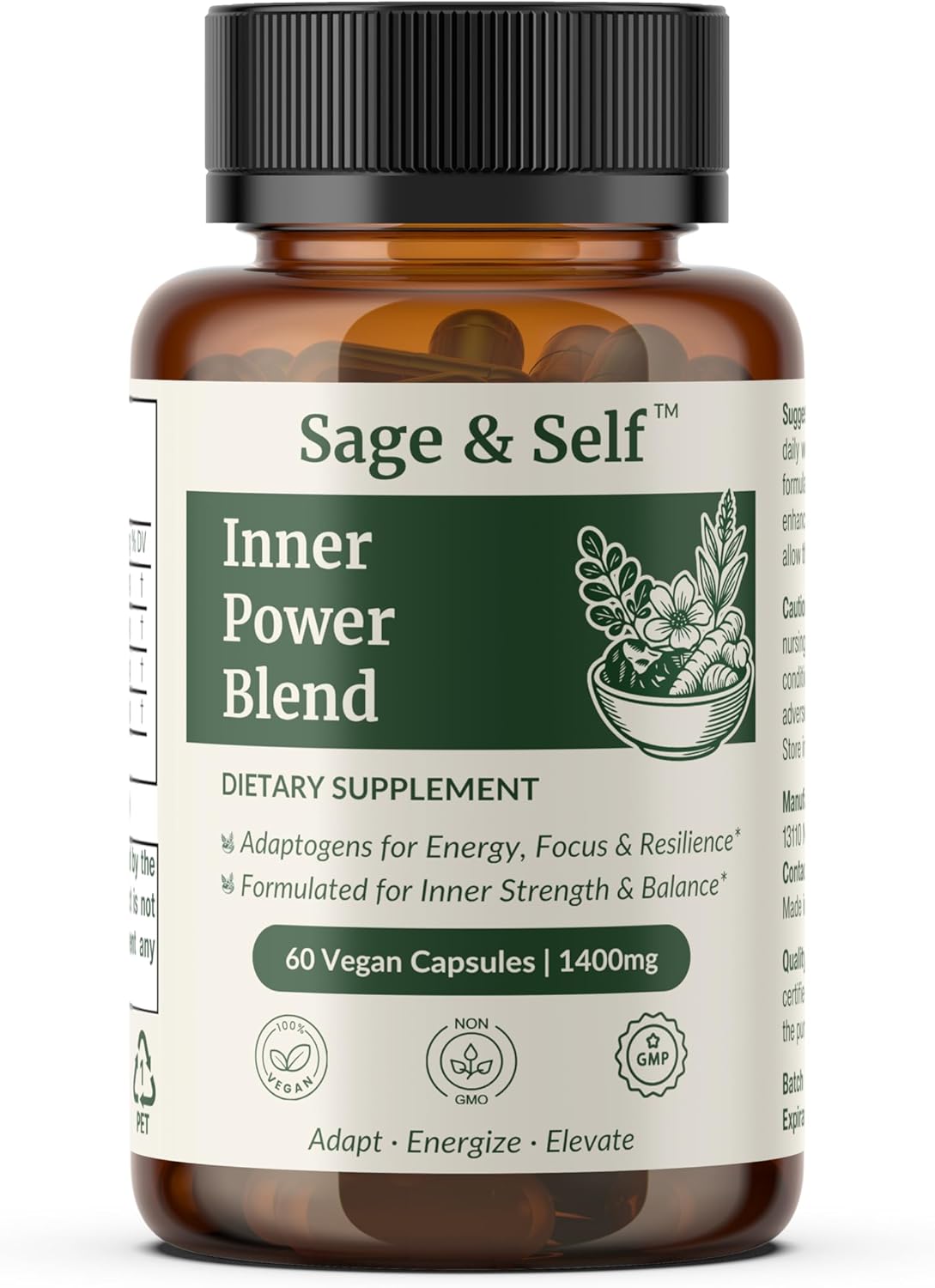What is Mindfulness?
Mindfulness is the practice of being present in the moment, fully aware of your thoughts, feelings, and surroundings without judgment. It encourages an engagement with life as it happens, fostering a deeper understanding of ourselves and the world around us. By focusing on the present, we can unlock our potential and pave the way toward personal growth.
The Importance of Mindfulness
In our fast-paced world, the ability to focus on the present has never been more crucial. Mindfulness helps reduce stress, improve emotional regulation, and enhance overall well-being. When we practice mindfulness, we create a clearer pathway to realizing our potential, allowing us to align our actions with our values and aspirations.
Techniques to Cultivate Mindfulness
Unlocking your best self through mindfulness requires consistent practice. Here are some effective techniques to incorporate into your daily life:
1. Breathing Exercises
Deep breathing is an excellent way to ground yourself in the present. When you feel overwhelmed, take a moment to focus on your breath:
- Find a comfortable position.
- Inhale deeply through your nose, allowing your abdomen to expand.
- Hold your breath for a few seconds.
- Slowly exhale through your mouth.
- Repeat for several minutes, focusing solely on your breath.
2. Mindful Walking
Walking can be a form of meditation. To practice mindful walking, follow these steps:
- Choose a quiet path.
- Walk slowly, paying attention to the sensations in your feet and legs.
- Notice your surroundings – the air, the sounds, the colors.
- Whenever your mind wanders, gently bring your focus back to the act of walking.
3. Guided Meditation
Guided meditation can lead you through the journey of mindfulness, often focusing on self-love, acceptance, or intention-setting. You can find numerous apps and online resources to help you get started.
4. Journaling
Writing helps clarify thoughts and emotions. Spend a few minutes each day reflecting on your experiences:
- Write about your feelings and thoughts without judgment.
- Note positive experiences that uplift your mood.
- Set intentions for growth.
5. Body Scan
A body scan meditation helps you connect with physical sensations and promote relaxation. Follow these steps:
- Lie down comfortably and close your eyes.
- Take a few deep breaths to center yourself.
- Start at your toes and slowly move your attention upward, noticing how each part of your body feels.
- Continue until you reach the crown of your head.
Overcoming Obstacles to Mindfulness
Many people struggle with practicing mindfulness due to distractions, a busy lifestyle, or self-doubt. Here are some strategies to overcome these challenges:
Consistency is Key
Try to dedicate a few minutes every day to mindfulness practice. Even short sessions can have lasting benefits.
Be Patient with Yourself
Remember that mindfulness is a skill that takes time to develop. Be kind and forgiving as you progress on your journey.
Limit Distractions
Create a designated space for your mindfulness practice, free from distractions like phones or televisions.
The Benefits of Mindfulness on Unlocking Potential
Practicing mindfulness can lead to numerous personal benefits, including:
Enhanced Focus and Clarity
Regular mindfulness practice can sharpen your focus, leading to better decision-making and problem-solving skills.
Improved Emotional Intelligence
Mindfulness encourages us to observe our emotions without being overwhelmed by them, improving our emotional understanding and empathy toward others.
Better Stress Management
By cultivating mindfulness, you become equipped to handle stress more effectively, paving the way for personal and professional growth.
Increased Resilience
A strong mindfulness practice builds resilience, enabling you to bounce back from setbacks and challenges in life.
Conclusion
Mindfulness is not just a buzzword; it is a transformative practice that helps us unlock our potential and connect with our best selves. By incorporating techniques like breathing exercises, mindful walking, and guided meditation into our lives, we can cultivate a deeper awareness that fosters personal and professional growth. Embracing mindfulness as a lifestyle choice empowers us to navigate our challenges with resilience, clarity, and purpose.
FAQs
1. Can mindfulness improve my productivity?
Yes! Mindfulness can enhance your focus and concentration, which can lead to improved productivity in your tasks.
2. How long should I practice mindfulness each day?
Even a few minutes of mindfulness practice can be beneficial. Aim for 5-10 minutes daily, gradually increasing as you feel comfortable.
3. Do I need to meditate to practice mindfulness?
No, mindfulness can be practiced in everyday activities like eating, walking, or even washing dishes. The goal is to bring your awareness to the present moment.
4. Is mindfulness suited for everyone?
Yes, people of all ages and backgrounds can benefit from mindfulness. However, if you have specific mental health concerns, it’s best to consult with a professional.
5. Can mindfulness help with anxiety?
Absolutely! Mindfulness has been shown to help reduce anxiety by promoting a non-judgmental awareness of thoughts and feelings, allowing you to manage them more effectively.





